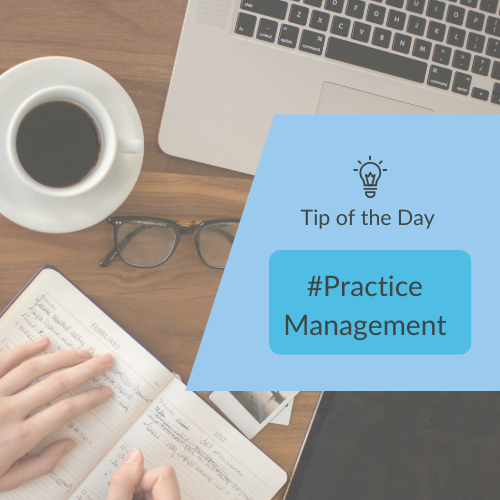Practice Management
Practice Management Tip 5: Managing Meetings
Lawyers spend significant time in meetings, which can be unproductive if not properly managed. Meetings should be arranged for the right reasons, well-organised with a clear purpose and relevant to all participants. The location is crucial, as it can impact the outcome. Meetings in your own office save travel time and offer strategic advantages but can lead to complacency. Conversely, meetings in someone else's office keep you more alert but pose logistical challenges. Avoid holding meetings in your own room due to confidentiality risks.
Early in your career, you may mainly handle logistics and be a passive participant in meetings. When invited to a client meeting, seize the opportunity to learn by observing and listening. As your career progresses, your involvement in meetings will increase, and you may need to step in at short notice if a senior lawyer is unavailable. Prepare thoroughly by understanding the meeting's purpose and your client's goals.
Quality over quantity is crucial when speaking in meetings. Plan your contributions at meetings and avoid getting emotional when speaking at meetings. Drafting during meetings is usually ineffective. Instead, agree on who will be responsible for the draft, take notes and complete the drafting afterward. Ensure all issues are addressed before ending a meeting. Take notes for records or follow-up actions and make sure everyone knows their responsibilities and timelines.
<< Back to Junior Lawyers Professional Certification Programme













